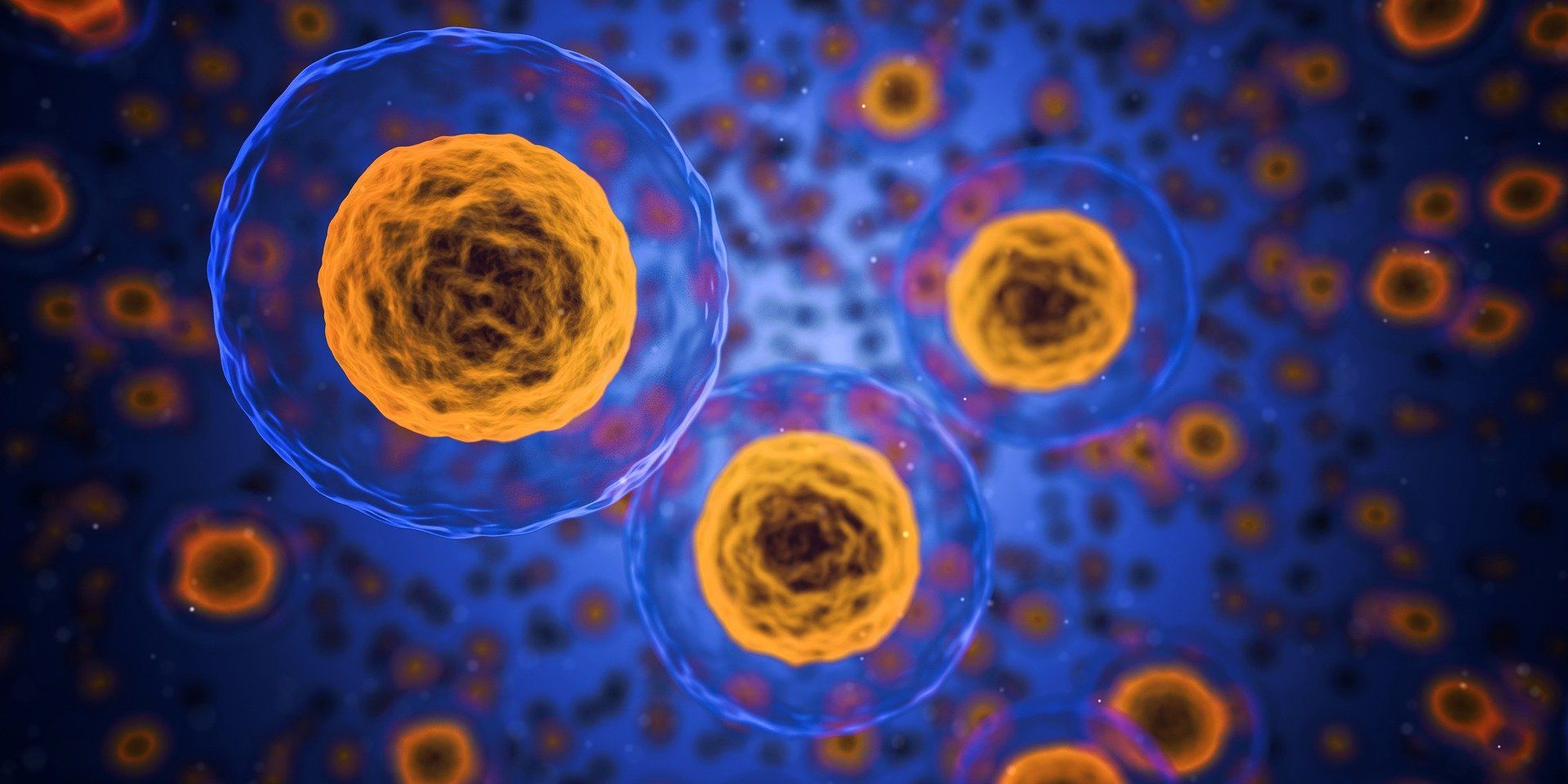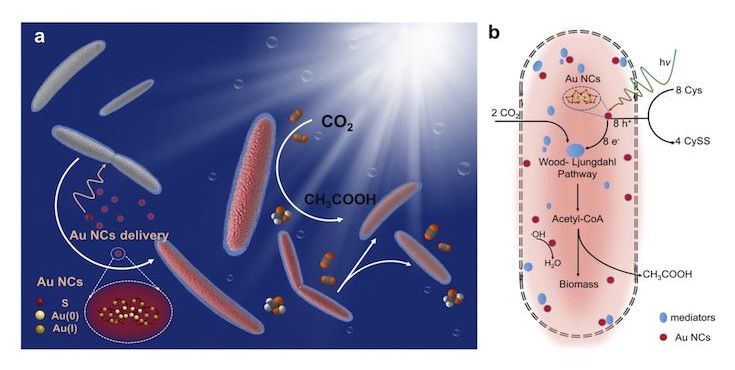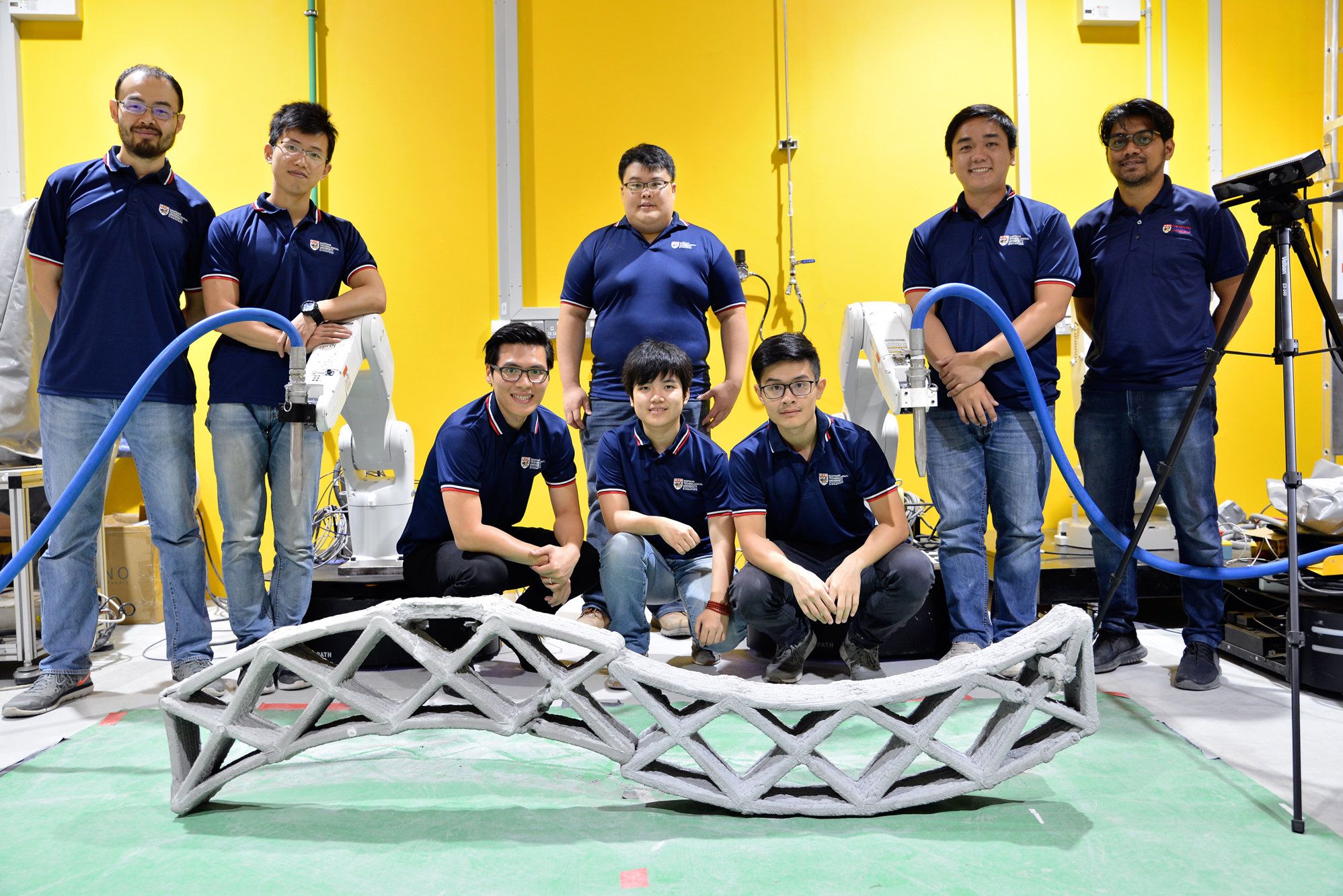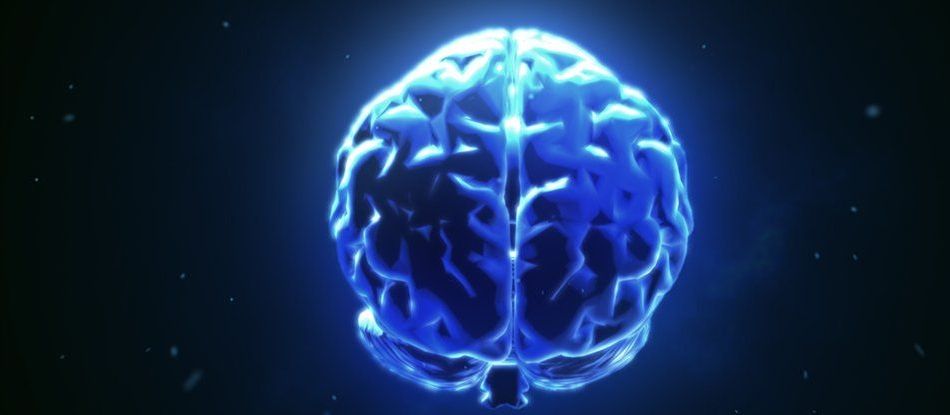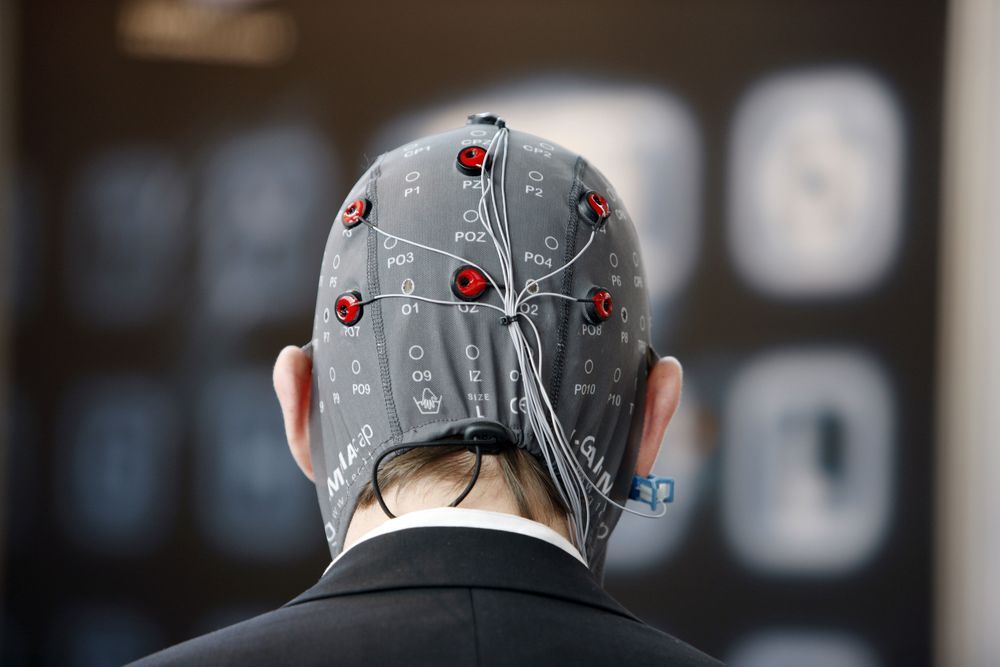Page 9652
Oct 3, 2018
Translating Aging Research – Ending Age-Related Diseases 2018 Panel
Posted by Steve Hill in categories: biotech/medical, life extension
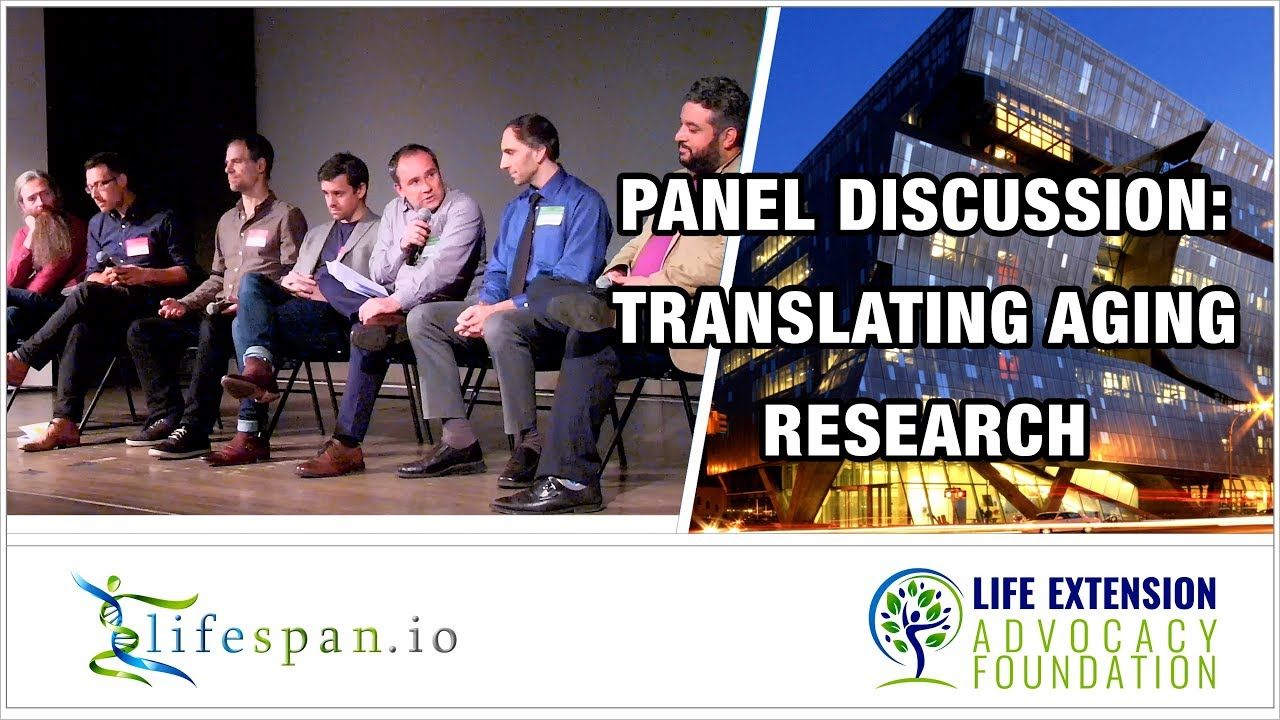
Today, we have another video from our Ending Age-Related Diseases 2018 conference, which was held earlier this year at the Cooper Union in New York City. The conference was designed to bring the worlds of research and investment together in one place and explore the progress and challenges that the industry faces in developing and funding therapies to end age-related disease.
This was the second panel during the conference and featured Dr. Aubrey de Grey of the SENS Research Foundation, Keith Comito of Lifespan.io, Dr. James Peyer of Apollo Ventures, Dr. Mark Hammond of Deep Science Ventures, Joe Betts Lacroix of Y Combinator and Vium, Dr. Oliver Medvedik of Lifespan.io and The Cooper Union, and Ramphis Castro of ScienceVest.
Continue reading “Translating Aging Research – Ending Age-Related Diseases 2018 Panel” »
Oct 3, 2018
Researchers discover how to slow aging
Posted by Bill Kemp in categories: biotech/medical, food, life extension
Previous research published earlier this year in Nature Medicine involving University of Minnesota Medical School faculty Paul D. Robbins and Laura J. Niedernhofer and Mayo Clinic investigators James L. Kirkland and Tamara Tchkonia, showed it was possible to reduce the burden of damaged cells, termed senescent cells, and extend lifespan and improve health, even when treatment was initiated late in life. They now have shown that treatment of aged mice with the natural product Fisetin, found in many fruits and vegetables, also has significant positive effects on health and lifespan.
As people age, they accumulate damaged cells. When the cells get to a certain level of damage they go through an aging process of their own, called cellular senescence. The cells also release inflammatory factors that tell the immune system to clear those damaged cells. A younger person’s immune system is healthy and is able to clear the damaged cells. But as people age, they aren’t cleared as effectively. Thus they begin to accumulate, cause low level inflammation and release enzymes that can degrade the tissue.
Robbins and fellow researchers found a natural product, called Fisetin, reduces the level of these damaged cells in the body. They found this by treating mice towards the end of life with this compound and see improvement in health and lifespan. The paper, “Fisetin is a senotherapeutic that extends health and lifespan,” was recently published in EBioMedicine.
Oct 3, 2018
Gold nanoclusters turn bacteria into photosynthetic machines
Posted by Bill Kemp in category: energy
New catalytic biohybrids can generate fuel from sunlight and might find use in green-energy applications.
Oct 3, 2018
Scientists develop smart technology for synchronized 3D printing of concrete
Posted by Bill Kemp in categories: 3D printing, robotics/AI, space
Scientists from Nanyang Technological University, Singapore (NTU Singapore) have developed a technology whereby two robots can work in unison to 3D-print a concrete structure. This method of concurrent 3D printing, known as swarm printing, paves the way for a team of mobile robots to print even bigger structures in the future. Developed by Assistant Professor Pham Quang Cuong and his team at NTU’s Singapore Centre for 3D Printing, this new multi-robot technology is reported in Automation in Construction. The NTU scientist was also behind the Ikea Bot project earlier this year, in which two robots assembled an Ikea chair in about nine minutes.
Using a specially formulated cement mix suitable for 3D printing, this new development will allow for unique concrete designs currently impossible with conventional casting. Structures can also be produced on demand and in a much shorter period.
Currently, 3D-printing of large concrete structures requires huge printers that are larger in size than the printed objects, which is unfeasible since most construction sites have space constraints. Using multiple mobile robots that can 3D print in sync means large structures and specially designed facades can be printed anywhere, as long as there is enough space for the robots to move around the work site.
Continue reading “Scientists develop smart technology for synchronized 3D printing of concrete” »
Oct 3, 2018
Liquid crystals and the origin of life
Posted by Xavier Rosseel in categories: biotech/medical, computing, genetics, mobile phones
The display screens of modern televisions, cell phones and computer monitors rely on liquid crystals—materials that flow like liquids but have molecules oriented in crystal-like structures. However, liquid crystals may have played a far more ancient role: helping to assemble Earth’s first biomolecules. Researchers reporting in ACS Nano have found that short RNA molecules can form liquid crystals that encourage growth into longer chains.
Scientists have speculated that life on Earth originated in an “RNA world,” where RNA fulfilled the dual role of carrying genetic information and conducting metabolism before the dawn of DNA or proteins. Indeed, researchers have discovered catalytic RNA strands, or “ribozymes,” in modern genomes. Known ribozymes are about 16–150 nucleotides in length, so how did these sequences assemble in a primordial world without existing ribozymes or proteins? Tommaso Bellini and colleagues wondered if liquid crystals could help guide short RNA precursors to form longer strands.
To find out, the researchers explored different scenarios under which short RNAs could self-assemble. They found that at high concentrations, short RNA sequences (either 6 or 12 nucleotides long) spontaneously ordered into liquid crystal phases. Liquid crystals formed even more readily when the researchers added magnesium ions, which stabilized the crystals, or polyethylene glycol, which sequestered RNA into highly concentrated microdomains. Once the RNAs were held together in liquid crystals, a chemical activator could efficiently join their ends into much longer strands. This arrangement also helped avoid the formation of circular RNAs that could not be lengthened further. The researchers point out that polyethylene glycol and the chemical activator would not be found under primordial conditions, but they say that other molecular species could have played similar, if less efficient, roles.
Oct 3, 2018
Humanities and scientific explanation: the need for change
Posted by Xavier Rosseel in categories: education, energy
For too long, presentations of science for the general public, and education in schools, has suggested that science wields a sort of hegemonic power, as if its terms and methods gradually replace and make redundant all other discourse; the only reason it has not yet completed its conquest is that the world is complicated—but it is only a matter of time…
Oct 3, 2018
The Cipher of Intelligence
Posted by Marcos Than Esponda in categories: information science, robotics/AI
If simulating the brain is proving tricky, why don’t we try decoding it?
“There’s a good reason the first flying machines weren’t mechanical bats: people tried that, and they were terrible.” — Dan Robitzski
In the current AI Spring, many people and corporations are betting big that the capabilities of deep learning algorithms will continue to improve as the algorithms are fed more data. Their faith is backed by the miracles performed by such algorithms: they can see, listen and do a thousand other things that were previously considered too difficult for AI.
Oct 3, 2018
Scientists Have Connected The Brains of 3 People, Enabling Them to Share Thoughts
Posted by Paul Gonçalves in categories: internet, neuroscience
Cientistas conectaram o cérebro de 3 pessoas, permitindo que elas compartilhassem os pensamentos! smile
Neuroscientists have successfully hooked up a three-way brain connection to allow three people share their thoughts – and in this case, play a Tetris-style game. The team thinks this wild experiment could be scaled up to connect whole networks of people, and yes, it’s as weird as it sounds.
It works through a combination of electroencephalograms (EEGs), for recording the electrical impulses that indicate brain activity, and transcranial magnetic stimulation (TMS), where neurons are stimulated using magnetic fields.
Oct 3, 2018
The Next Social Networks Could Be Brain-to-Brain
Posted by Mike Ruban in categories: neuroscience, physics, space
It might already feel like social media is taking up too much of our mental space, but just wait until it’s literally inside of our brains.
Physicists and neuroscientists have developed the world’s first “brain-to-brain” network, using electroencephalograms (EEGs), which record electrical activity in the brain, and transcranial magnetic stimulation (TMS), which can transmit information into the brain, to allow people to communicate directly with each other’s brains — a new and thrilling (and a little terrifying?) example of science fiction brought to life.
Researchers at the University of Washington in Seattle announced last week that they successfully used their interface, which they call BrainNet, to have a small group of people play a collaborative “Tetris-like” game — with their minds.
Continue reading “The Next Social Networks Could Be Brain-to-Brain” »

